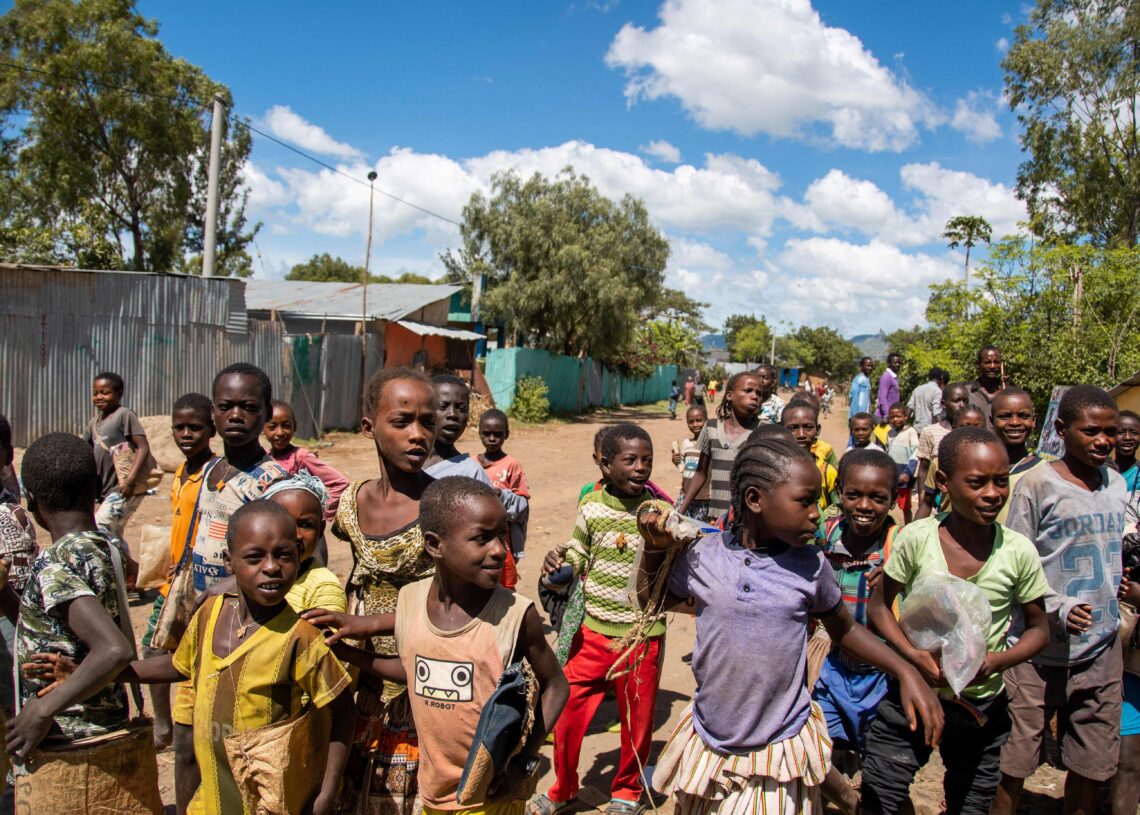Fasika, Ethiopia’s Easter celebration, is a captivating and deeply spiritual event that offers a unique insight into the country’s rich religious heritage.
The Significance of Fasika in Ethiopian Culture
Fasika is the Amharic word for Easter and is the most significant religious holiday in Ethiopia, celebrated by millions of Orthodox Christians across the country. According to the World Christian Database, Orthodox Christianity is the predominant faith in Ethiopia, with over 40 million adherents. Fasika commemorates the resurrection of Jesus Christ and is a time for reflection, prayer, and renewal of faith.
The Lenten Fast and Holy Week
The celebration of Fasika is preceded by a 55-day Lenten fast, known as Hudadi or Abiy Tsom, during which Orthodox Christians abstain from consuming meat, dairy, and other animal products. This period of fasting and penance culminates in Holy Week, marked by daily church services and spiritual preparations for the Easter celebration.
Fasika Eve and the Meskel Square Vigil
On the eve of Fasika, Ethiopians gather in churches and public spaces, such as Addis Ababa’s famous Meskel Square, for a night of prayer and vigil. The faithful, dressed in traditional white garments, participate in hymns and prayers led by priests and deacons, creating an atmosphere of deep reverence and devotion.
Fasika Day: Celebration and Feasting
Fasika Day itself is a time of great joy and celebration, as families come together to break their fast and share a festive meal. Traditional Ethiopian dishes, such as “doro wat” (a spicy chicken stew) and “kitfo” (raw minced beef), are prepared, and the injera, a sourdough flatbread, returns to the table after the long period of fasting. A 2018 study by the Ethiopian Journal of Social Sciences and Humanities revealed that over 90% of Orthodox Christian families in Ethiopia come together to celebrate Fasika with a festive meal, highlighting the importance of this holiday in fostering family unity and togetherness.
Fasika as a Reflection of Ethiopia’s Rich Religious History
Fasika is not only a celebration of the resurrection of Jesus Christ but also a reflection of Ethiopia’s rich religious history, dating back to the 4th century AD when Christianity was first introduced to the country. The customs and traditions associated with Fasika provide a window into Ethiopia’s ancient past, allowing us to appreciate the depth and complexity of the nation’s cultural and religious identity.
Fasika, Ethiopia’s Easter celebration, is a captivating and deeply spiritual event that offers a unique insight into the nation’s rich religious heritage. From the 55-day Lenten fast to the joyous feasting on Fasika Day, this celebration showcases the deep devotion and commitment of Ethiopia’s Orthodox Christians to their faith. By delving into the customs and traditions of Fasika, we gain a greater understanding of Ethiopia’s cultural identity and the role that religion continues to play in the lives of millions of its people.
Image Credit: Photo by Taylor Flowe on Unsplash




